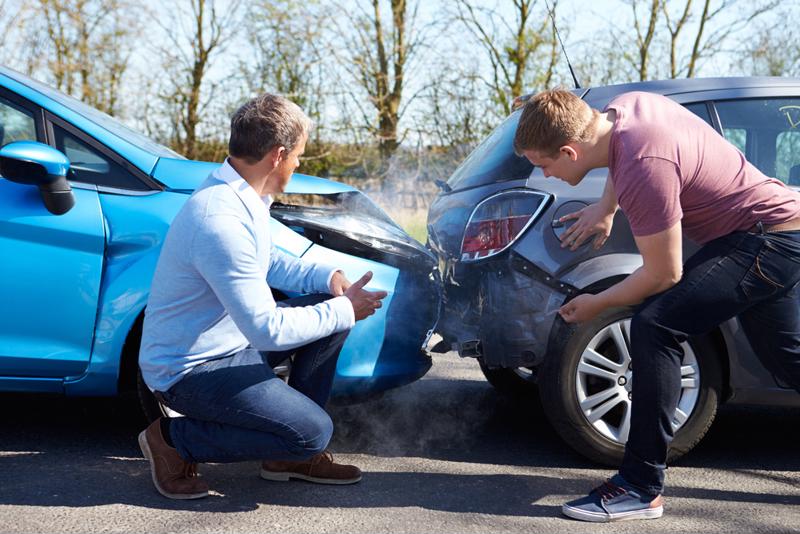

Autonomous brakes in automobiles, also known as Collision Avoidance Systems (CAV), are a relatively new innovation that has slowly but surely transformed vehicle safety over the past decade. These systems automatically brake or steer a vehicle in the event that it is likely to collide with an obstruction, such as another vehicle. It's a technology that has been widely embraced on the part of both vehicle manufacturers and regulatory organizations. Yet, a fair portion of consumers remain skeptical of these systems, and don't hesitate to make their issues with autonomous braking known.
Autonomous braking systems function through the use of radar, and in many instances are supplemented by laser range-finding as well as cameras feeding into image recognition software. These technologies analyze the surrounding environment and provide feedback on nearby obstacles. If the onboard computer detects an obstacle that the vehicle will collide with, based on its current speed and direction, then the collision avoidance system will activate the brakes, and possibly steer the automobile out of the way.
High-speed growth
The industry itself is growing rapidly. The National Transportation Safety Board has stated that car manufacturers in the U.S. have agreed to include collision avoidance systems in virtually every car by 2022. In 2018 the industry was valued at 6.5 billion dollars, and it is expected to grow 14.5% by 2024, according to Global Market Insights.
The technology by and large has been well-received by safety regulators, and studies back this up. According to the Insurance Institute for Highway Safety, rear-end collisions are decreased by up to 50% when vehicles are equipped with collision avoidance systems or similar, though also reports that some company's system are lower-quality and less safe than others. AAA reports that these systems also reduced deaths by 40% during the day. Regulatory bodies across the globe are eagerly making this technology mandatory, and manufacturers are happy to oblige.

Dissatisfaction
So why then, are systems like these disliked by some of the public? One aspect is the false sense of security that safety systems like this brings. Driving instructors and academics report that the CAV systems, as well as other safety technologies like blind spot warning sensors, actively make drivers worse, according to CTV News. With autonomous systems like these, drivers, especially ones that are newer, become complacent, assuming that their vehicle will automatically save them in the event of a crash. This could not be further from the truth; these systems are designed to assist in the event of an imminent collision, they are not guaranteed to prevent an impact. Of course, drivers aren't speeding down highways at 120 miles per hour, assuming their vehicles will prevent anything from happening. However, they certainly are taking risks they might not take in a car that is not equipped with a CAV, due to the "peace of mind" this technology can bring.
Another aspect of the dislike toward autonomous braking comes from drivers themselves. Some brand's proprietary braking systems are of questionable quality; leaving drivers of these vehicles less than satisfied. In some cars, the automatic braking system might brake for no reason due to an error in the visual recognition software. CAV systems activating when the camera detects a bag or other form of light debris are common. Other vehicles might have the opposite issue where the CAV won't trigger even if an impact is imminent. Drivers frequently experience automatic braking systems that have thresholds for activation that are either too high or too low, and this is a major point of irritation. Other related safety systems aren't spared from the hate; lane departure warning sensors, especially the ones that steer a car back into a lane, are perhaps the most hated automatic safety feature by motorists today, according to Automotive News.
In practice, automatic braking systems are worthy additions to modern vehicles, according to safety studies. In spite of this, parts of the general public aren't exactly enthused with the concept. Whatever your opinion on the matter, collision avoidance systems can only do so much if the brakes themselves aren't up to snuff. Contact Greening Associates for a complimentary consultation to ensure they're in good working order and stay that way.